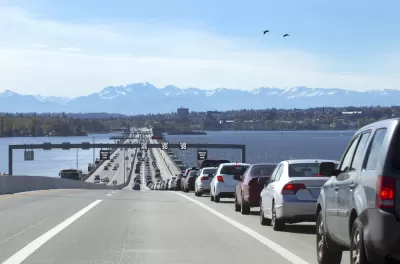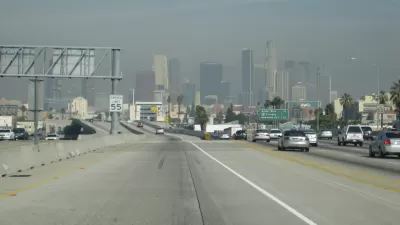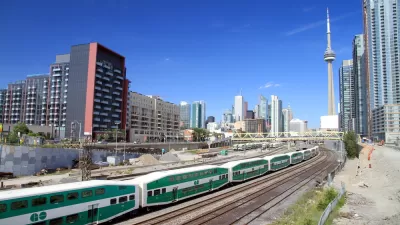A new report and toolkit helps policymakers and equity advocates apply comprehensive analysis to road pricing, considering affordability, accessibility and community health, and identifies way to achieve equity goals through pricing reforms.

A growing number of jurisdictions are considering road pricing to reduce traffic congestion and raise revenue. These proposals often raise equity concerns: road pricing can burden low-income drivers with new costs, while rising urban housing costs are forcing some to move out of transit-rich urban centers and rely more on private vehicles. However, road pricing can provide many benefits, including equity benefits by providing more funding for walking, bicycling and public transit projects; improving bus speeds and reliability; and by reducing total vehicle traffic can improve urban mobility, livability and public health. Road pricing can be more equitable than other transportation funding options, such as property and sales taxes, and even fuel taxes.
"Pricing Roads, Advancing Equity: A Report and Toolkit to Help Communities Advance a More Equitable and Affordable Transportation System," by Stuart Cohen and Alan Hoffman at TransForm, challenges policymakers and equity advocates to apply comprehensive analysis to road pricing, and identifies various strategies to achieve equity outcomes, considering affordability, accessibility, and community health. It provides examples from cities in North America and around the world that have implemented some form of road pricing. It also looks at methods for achieving the full participation of vulnerable communities in the planning process. It also includes a worksheet to help equity advocates engage effectively in a transportation pricing planning process.

Maui's Vacation Rental Debate Turns Ugly
Verbal attacks, misinformation campaigns and fistfights plague a high-stakes debate to convert thousands of vacation rentals into long-term housing.

Planetizen Federal Action Tracker
A weekly monitor of how Trump’s orders and actions are impacting planners and planning in America.

In Urban Planning, AI Prompting Could be the New Design Thinking
Creativity has long been key to great urban design. What if we see AI as our new creative partner?

King County Supportive Housing Program Offers Hope for Unhoused Residents
The county is taking a ‘Housing First’ approach that prioritizes getting people into housing, then offering wraparound supportive services.

Researchers Use AI to Get Clearer Picture of US Housing
Analysts are using artificial intelligence to supercharge their research by allowing them to comb through data faster. Though these AI tools can be error prone, they save time and housing researchers are optimistic about the future.

Making Shared Micromobility More Inclusive
Cities and shared mobility system operators can do more to include people with disabilities in planning and operations, per a new report.
Urban Design for Planners 1: Software Tools
This six-course series explores essential urban design concepts using open source software and equips planners with the tools they need to participate fully in the urban design process.
Planning for Universal Design
Learn the tools for implementing Universal Design in planning regulations.
planning NEXT
Appalachian Highlands Housing Partners
Mpact (founded as Rail~Volution)
City of Camden Redevelopment Agency
City of Astoria
City of Portland
City of Laramie





























